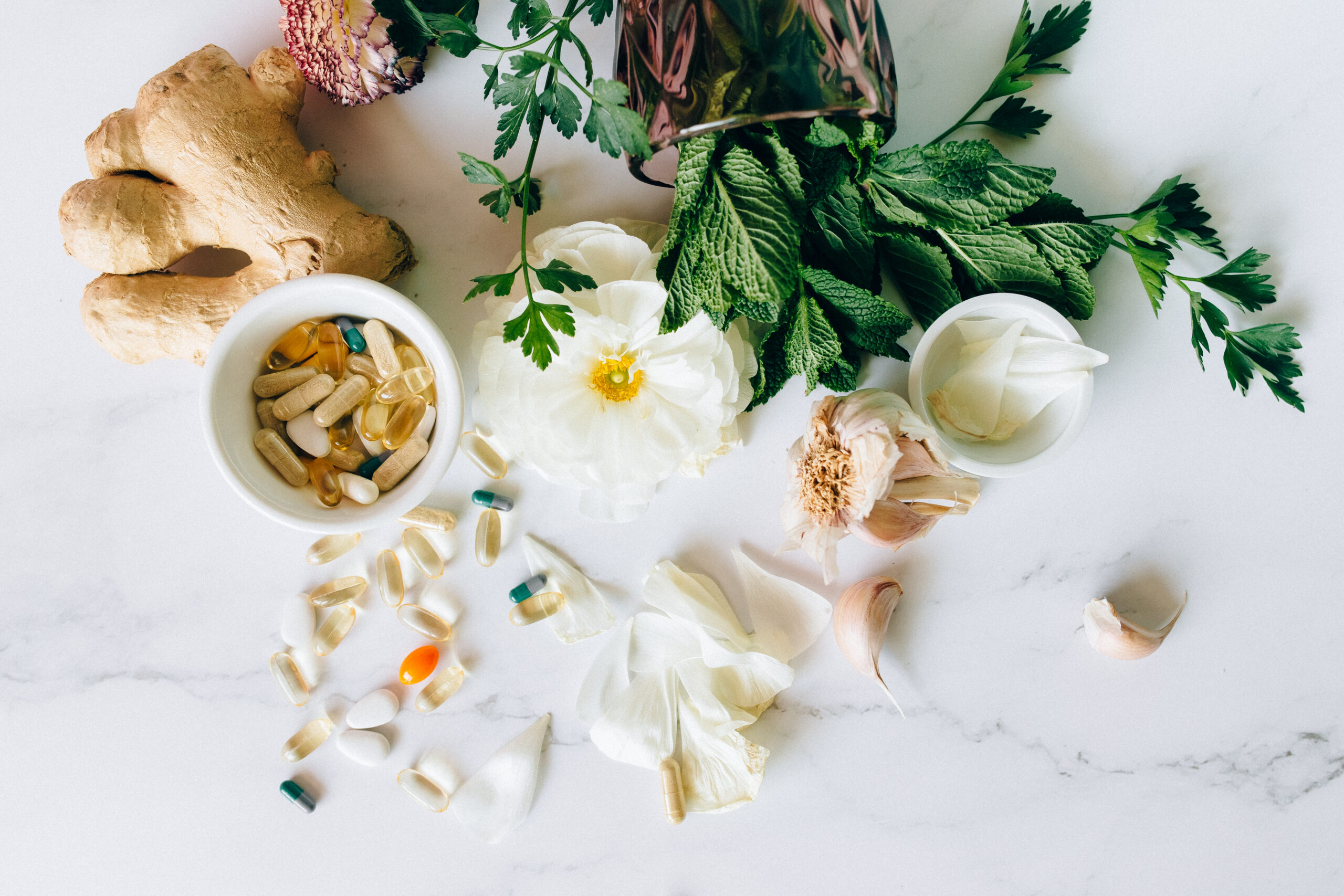Are there any food or drug interactions with Ranitidine?
Title: The Truth About Ranitidine: Food and Drug Interactions Unveiled
Introduction:When it comes to managing digestive issues such as heartburn or ulcers, Ranitidine has been a go-to medication for many. However, like any other medication, understanding its potential interactions with certain foods or drugs is crucial for optimal health and well-being. In this blog, we will explore the various food and drug interactions that may occur when taking Ranitidine, and provide you with the necessary information to make informed decisions about your healthcare.
Food Interactions:Fortunately, the good news is that Ranitidine does not typically interact significantly with most foods. Whether you take it on an empty stomach or with a meal, it generally does not hinder its effectiveness. However, it is always advisable to consult with your healthcare provider or pharmacist regarding specific dietary instructions based on your individual needs.
That being said, it is important to note that certain types of food, particularly those that are spicy, acidic, or high in fat content, may exacerbate your digestive symptoms. While Ranitidine can help alleviate these symptoms, adopting a healthy and balanced diet is key to long-term digestive health. By avoiding known trigger foods and opting for a variety of fruits, vegetables, whole grains, and lean proteins, you can support the effectiveness of Ranitidine and promote overall wellness.
Drug Interactions:As with any medication, it is essential to be aware of potential drug interactions when taking Ranitidine. Here are a few common medications that may interact with Ranitidine:
1. Antacids: Antacids containing magnesium or aluminum may decrease the absorption of Ranitidine. It is best to take them at least two hours apart to ensure optimal effectiveness.
2. Nonsteroidal Anti-Inflammatory Drugs (NSAIDs): Drugs such as ibuprofen or naproxen may increase the risk of gastrointestinal bleeding when taken concurrently with Ranitidine. If you require NSAIDs for pain relief, consult your healthcare provider to discuss the best course of action to protect your digestive system.
3. Warfarin: Ranitidine may interact with Warfarin, increasing the risk of bleeding. Regular monitoring of blood clotting time is essential if you are taking both medications simultaneously.
It is crucial to remember that this is not an exhaustive list of all possible drug interactions with Ranitidine. Always inform your healthcare provider about all the medications, vitamins, or herbal supplements you are taking to ensure your safety and the effectiveness of your treatment plan.
Conclusion:While Ranitidine is generally considered safe and effective for managing digestive issues, it is essential to be aware of any potential food or drug interactions that may impact its effectiveness. By adopting a healthy dietary pattern and discussing any concerns or questions with your healthcare provider or pharmacist, you can maximize the benefits of Ranitidine and maintain optimal digestive health.
Remember, this blog is meant to provide informational guidance, and it is not a substitute for professional medical advice. If you have specific questions or concerns about your medication regimen, reach out to your healthcare provider for personalized recommendations.



